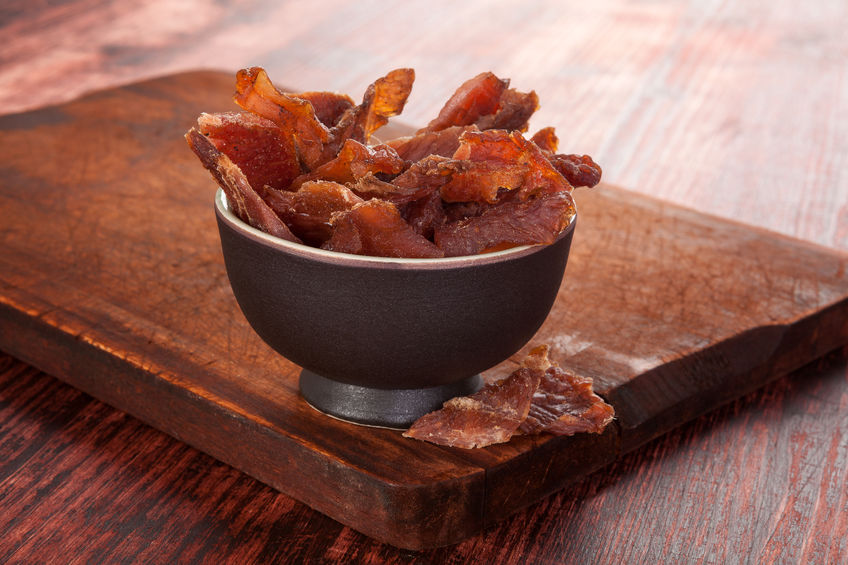
What goes around comes around. Remember the Atkins diet? It's back. Well, at least Atkins is. It is once again marketing its low-carb food line with a new round of TV ads on CNN and other high-visibility cable channels. And this time, it's focusing not on entire meals, but on low-carb snacks.
A response to the snackification trend? Undoubtedly. An attempt to grab back market share in an era when protein bites are becoming increasingly popular? Certainly. But what does the low-carb trend mean for the grocery shopping experience?
What new protein-based marvels can we expect to see popping up on store shelves in the coming months? And how can food companies get ahead of the trend?
Protein is the buzzword on consumers' lips right now.
And it's the first thing they're looking for on the nutrition label. According to the NPD Group, 25 percent of consumers report looking for protein when choosing a food to purchase — up from 18 percent in 2004, at the height of the last Atkins craze.
Interestingly, NPD saw that response across all age groups, and for varying reasons. And none of those reasons were "losing weight."
Younger consumers, for example, most often reported seeking to increase their protein intake in an effort to stay fit and build muscle mass. That contrasts with older consumers, who reported they seek out high-protein foods to stay away from processed carbs and other foods they now consider to be unhealthy.
So, 10 years after the spectacular death of the Atkins fad, why the switch back toward the low-carb end of the spectrum?
New research suggests low-carb is a better diet for health than low-fat.
That's not to say that it’s a good idea to go out and gorge on foods high in saturated fats — the cardiac risks inherent to a high-fat diet are well-documented. But what some research is now indicating is that nutrition derived from carbs promotes hunger over the course of a day, whereas nutrition derived from protein-based sources tends to squash hunger cravings.
In a recent clinical trial conducted by researchers at the Tulane University School of Public Health, participants who adhered to a low-carb diet lost more weight over the course of a year than those who adhered to a low-fat diet.
The study suggests that consumers on the hunt for healthier ways to eat are on the right track when they opt for more proteins and to cut down on some of the carbs — particularly those derived from highly processed foods, which often also include high levels of hypertension-inducing sodium. The fresher and more natural the food, the better.
Do consumers need low-carb or better carbs?
Critics of the Tulane study noted that the low-carb diet participants didn't adhere all that well to the protocol; although participants were supposed to limit themselves to 40 grams or less of carbohydrate intake per day, by the end of the year-long study, most were ingesting nearly triple that amount.
What may have helped them to lose weight and lower their HDL ("bad") cholesterol levels, though, may have been the combination of more protein intake, less carb intake and better quality carb intake. In lieu of processed, sugary foods, many of the participants were getting their carbs from fresh fruits, beans and vegetables.
The idea is starting to catch on with grocery shoppers who are planning their shopping lists with this sort of balance in mind. But how can food producers help consumers to eat better, balanced diets when consumers are increasingly demanding snackified, ready-to-eat items?
Protein bites offer a solution. The question is whether or not the industry will be able to provide healthy protein bites that don't include large amounts of sodium and other preservatives. Modern consumers want fresh — and they want healthy.







